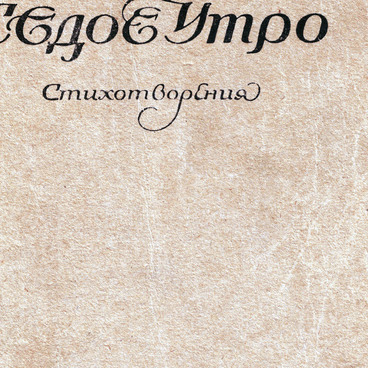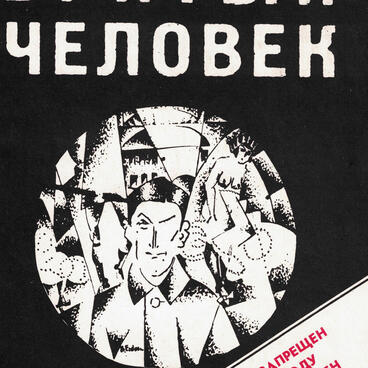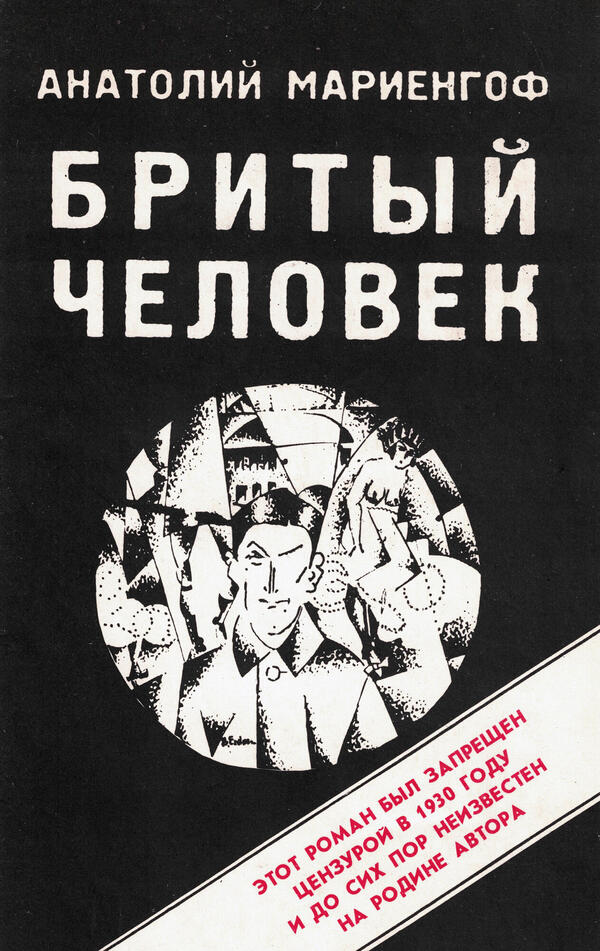Anatoly Borisovich Marienhof (1897–1962) was a prominent figure in the Moscow literary scene of the 1910s and 1920s. He was a unique and original poet and writer. His novels made quite a sensation, and his memoirs are fascinating.
Anatoly Marienhof began his creative career as one of the founders and poets of Imaginism. This literary movement was founded by a group of Russian poets of the Silver Age and existed between 1918 and 1925. They created poetry based on sequences of uncommon images using epithets and metaphors. Their writing was characterized by a bold and experimental approach.
The fact that Anatoly Marienhof joined and co-founded the provocative association of Russian poets was connected with his acquaintance and close friendship with the poet Sergei Yesenin. The avant-garde movement was founded in 1918 when the Order of Imaginists was established in Moscow by Sergei Yesenin and Anatoly Marienhof who had just arrived from Penza. However, even earlier, in 1917, Marienhof organized a group of imaginist writers in his native city of Nizhny Novgorod. In 1919, the first imaginist literary evening was held at the Union of Poets.
In 1919, the group became particularly ambitious, with their activities going far beyond writing and publishing poetry. They also organized a bookstore, the Liliput cinema, and the Pegasus Stalls café. Sometimes, the Imaginists would go outside at night and “rename” streets in central Moscow after themselves. They painted the walls of the Passion Convent with blasphemous poems and hung a plaque around the neck of the monument to Alexander Pushkin that read, “I am with the Imaginists.” Acting as part of the Imaginists, Anatoly Marienhof quickly gained nationwide popularity. His poems were characterized by shocking imagery, blasphemous themes, violence, and revolutionary cruelty.



